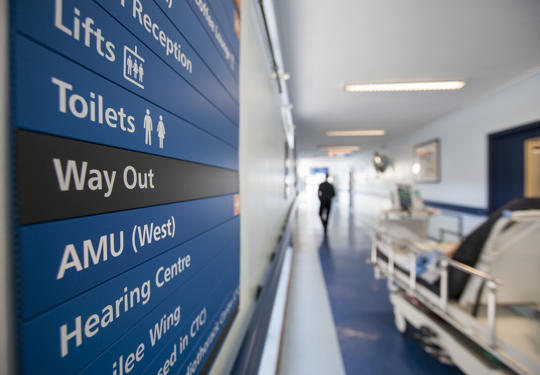The Royal College of Physicians has responded to the latest NHSE performance data.
Responding to the latest NHSE performance data, Dr John Dean, clinical vice president of the Royal College of Physicians, said:
'Performance figures for the autumn months show a system still under intense pressure as we move into winter, and these pressures are unlikely to let up anytime soon.
'Last month, there were 2.36 million attendances to emergency departments (EDs) – the highest for an October on record and the third highest monthly attendances since 2010. Worryingly, the number of people experiencing the longest waits in EDs increased by over 10,000 in October compared to September, with over 49,000 people waiting over 12 hours in EDs after the decision to admit them. Many of those will be receiving care in temporary environments, such as corridors but we still don’t have accurate numbers on how many patients this is affecting. As we said last month, we need NHS England to publish this data.
'This week, NHS Providers’ findings showed that 71% of trust leaders think it is unlikely that the NHS can meet constitutional standards over the next five years, and today’s statistics will be no surprise to our physician members who continue to feel the pressure on the ground. Only 73% of patients across all EDs were admitted, transferred or discharged within 4 hours, decreasing to 58.1% in major EDs - well below the 95% standard. Similarly, while 92% of patients should receive elective treatment within 18 weeks, in September 2024, only 58.5% of patients did.
'However, it’s not all bad news. Considerable progress has been made for those experiencing long waits for treatment. Only 3.3% of waits are now longer than a year – the lowest this figure has been since September 2020.
“We know staff are working exceptionally hard to give patients the right care at the right time, but radical change is needed to see real improvement in services. The upcoming NHS 10-year Health Plan is an opportunity to reset the health service so it can sustainably function in the long-term for both staff and patients.'





